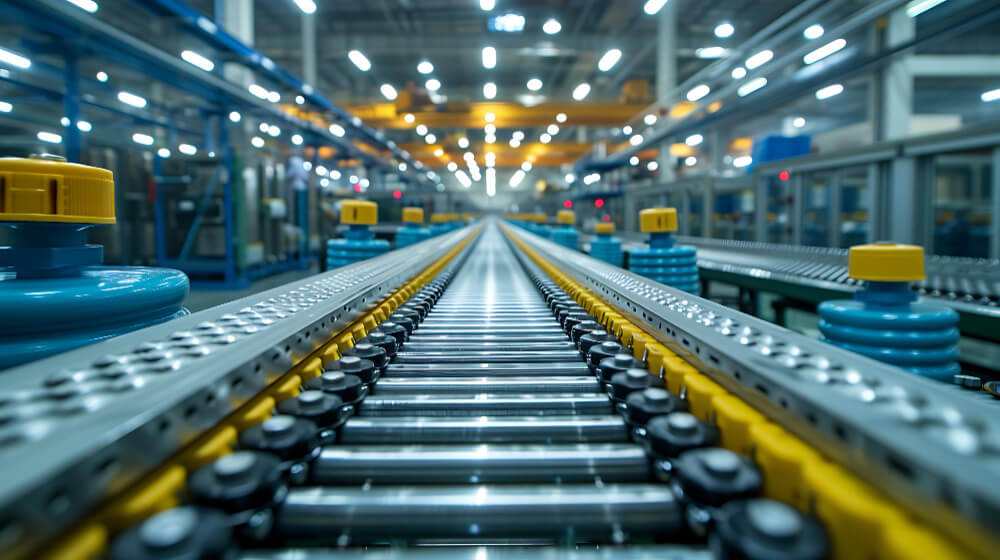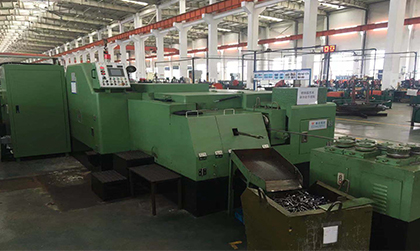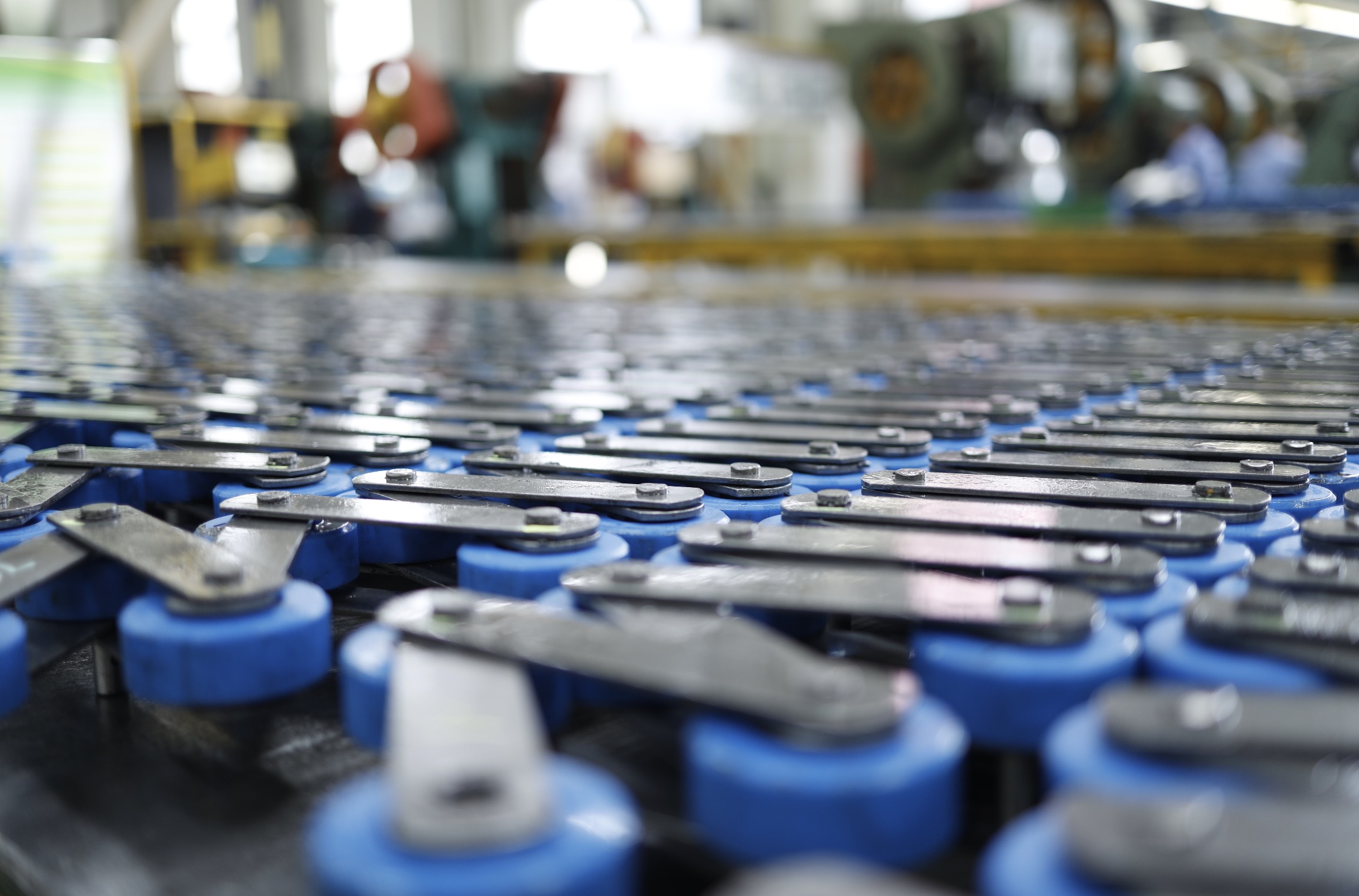Roller chains are an ideal method of power transmission, offering precise speed ratios and low slippage. Furthermore, they absorb shocks and vibrations faster than other drives do.
They come in various sizes and capacities to suit different applications. Crafted from high-quality carbon steel, these units are durable, affordable, and easy to maintain.
Tensile Strength
The tensile strength of a chain is measured through an oil pressure or load cell tensile test. This type of testing can help determine whether the chain has been manufactured correctly or not, as well as guarantee that it won’t break under excessive stress.
The tensile strength of a roller chain is an indicator of its capacity to support certain loads before breaking. This measurement often serves as the first factor considered when deciding if a chain will work well in specific applications.
Another strength measure essential for roller chains is the working load. This calculation takes into account factors like application, working environment, and chain size when making this calculation.
Fatigue Strength
Roller chains are a reliable and popular solution for transmitting mechanical power on industrial machinery such as conveyors, cars, motorcycles, and bicycles. These consist of several components like pins, bushings, plates, and rollers, which are driven by sprockets.
The fatigue strength of a roller chain is an important factor that determines whether or not it will break during repeated loading over an extended period. Knowing this information helps you make an informed decision on which chain to purchase.
To investigate the fatigue strength of a chain, a FEM model is applied to each component in different states. The amplitude and average stress for each component are calculated and plotted on a fatigue limit diagram.
Temperature Resistance
Roller chains are often employed in applications requiring temperature resistance. This is especially critical for industries such as food processing, where the chain must be able to operate smoothly at high temperatures without damage.
Stainless steel roller chains are highly sought-after due to their ability to withstand extreme heat and low temperatures alike, plus they’re highly corrosion resistant.
For instance, they can withstand alkali and acidic environments common in certain industries.
These materials are ideal for applications requiring corrosion resistance, such as food processing.
This type of chain features the Dacromet coating, which ensures it won’t flake or chip like nickel plating. Furthermore, this type of chain is stronger than stainless steel and ideal for applications requiring the ability to withstand heavy loads and harsh environments.
Wear Resistance
The wear resistance of a roller chain is an integral factor in its durability, as it will be exposed to high loads that could eventually result in fatigue failure if not carefully designed and maintained.
Chains experience high impact and surface pressure due to their design, so selecting suitable materials and applying a suitable heat treatment is essential for producing material with appropriate case hardness and case depth.
Roller chain wear resistance is determined by heat treatment and surface treatment, and lubricants can help prevent deterioration. However, improper application of these lubricants could have an adverse effect on chain durability.
Suzhou Universal Technology is a professional manufacturer and exporter of chain and sprocket products in China. It boasts all necessary equipment, cutting-edge technology, as well as rigorous testing methods that guarantee its solutions are long-lasting.



